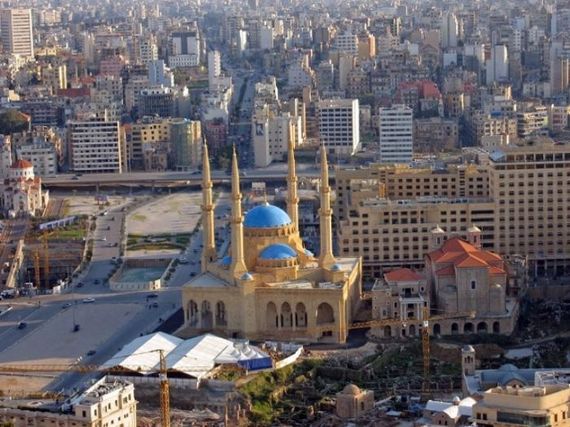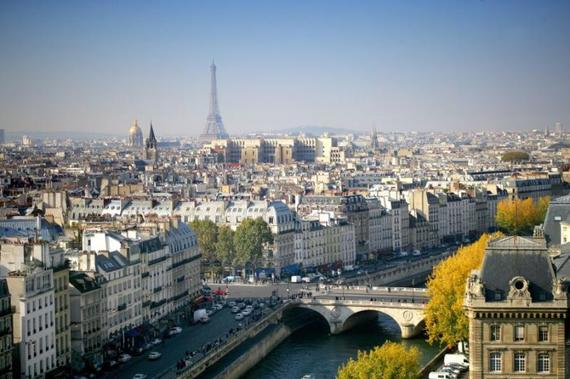Facebook has been a strange place since the Paris attacks November 13th.
While many people have expressed outrage and sympathy for the victims, they've been criticized for not mentioning the bombings just a day before in Beirut. That's grief shaming, plain and simple.
And the implicit charge is also racism: Paris is First World and predominantly white, Lebanon is Middle Eastern, Arab. The charge is totally bogus.
Like many people, I followed overage in newspapers on-line and on CNN and MSNBC about the bombings. They were not remotely ignored despite widespread Facebook claims that the media didn't care. But they were understandably swamped by the news from France the very next day--in part because it was a much bigger story.
Beirut is a city of fewer than 400,000 people. Paris not only has over 2,000,000 citizens but it's an international tourist destination, drawing some 32,000,000 tourists per year. It's filled with instantly recognizable icons like the Eiffel Tower. Not only that, but as a major global capital, Paris has an unusually high representation of media, unlike Beirut, which has dealt with travel advisories for many years due to bombings.
So anything tragic happening in Paris is exponentially a bigger story, like it or not. There were already more reporters and producers there to cover any disaster as it was taking place and do interviews with survivors. France's President François Hollande was also at the Stade de France when explosions were heard nearby and was quickly removed to safety--that alone magnified the coverage. The first reports made it sound as if he might have been the target of assassins.
I was more shocked by what happened in Paris for a number of reasons that have nothing whatsoever to do with racism. I've never been to Beirut, but have visited Paris and France half a dozen times. I studied French, French history, culture and literature starting way back in fourth grade when my home room teacher's class was plastered with French travel posters. I eventually became my high school's star French student, got an award certificate from the Alliance Française and shook the French Ambassador's hand. There was a time in college when I thought I would major in French.
I've always felt comfortable in Paris, even somewhat at home, and connected to it more than most other European cities, so it's loomed large in my mental and emotional geography. I don't have to apologize for that. The Charlie Hebdo/kosher market massacres are also still fresh in my mind. The Facebook grief bullies seem to have forgotten the terrible stamp that's left on countless friends and followers of France and don't understand that this new horror has revived those memories.
The damage done in Paris and the plan of the attacks was also far more grotesquely dramatic and pyrotechnical than in Beirut, spread over a wider area. It created a higher death toll, a higher casualty rate, and was done to draw the most press attention possible. The plan worked.
Expressing concern about what happened there doesn't make people heartless, racist, or even narcissistic as has been claimed, but it definitely brings out the worst in the Cultural Monitors of Right Feeling.
Lev Raphael is the author of 25 books in many genres available on Amazon.

